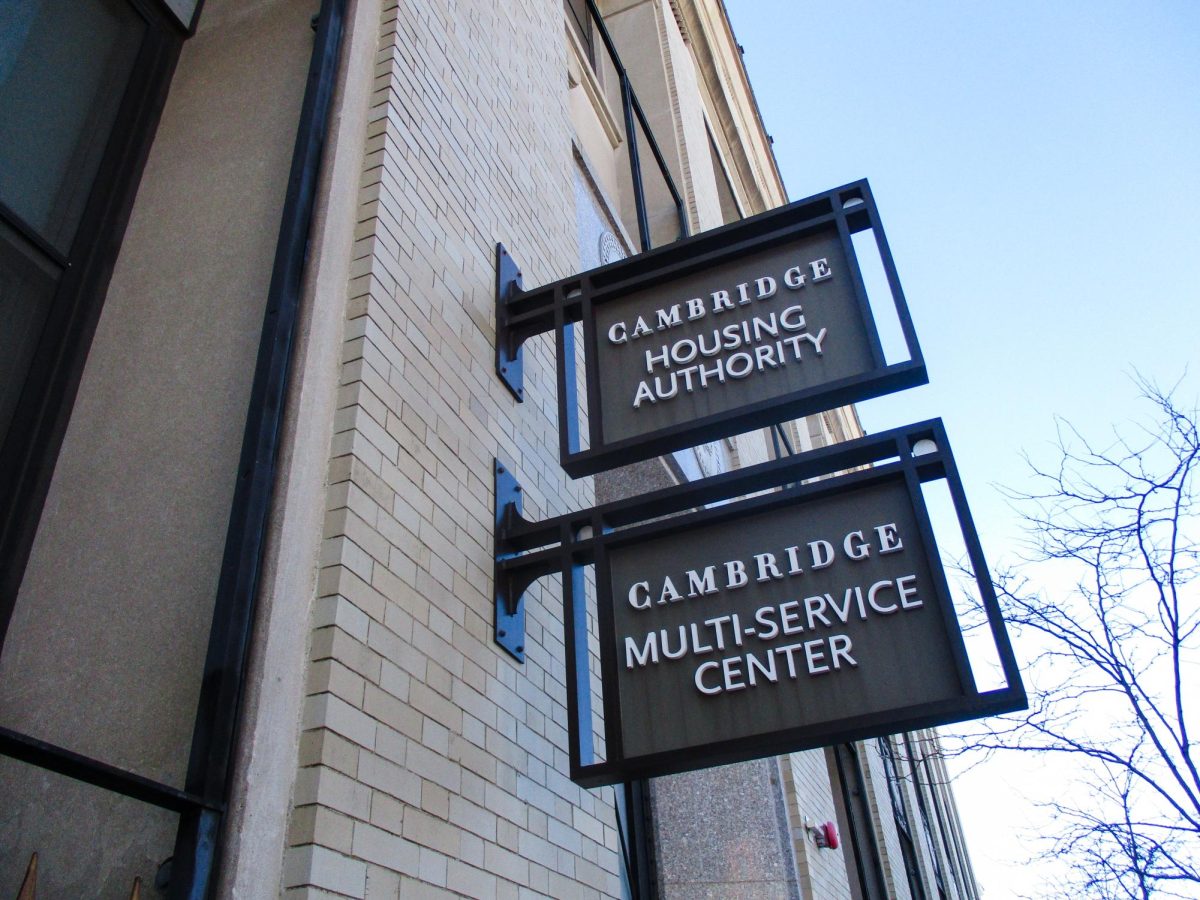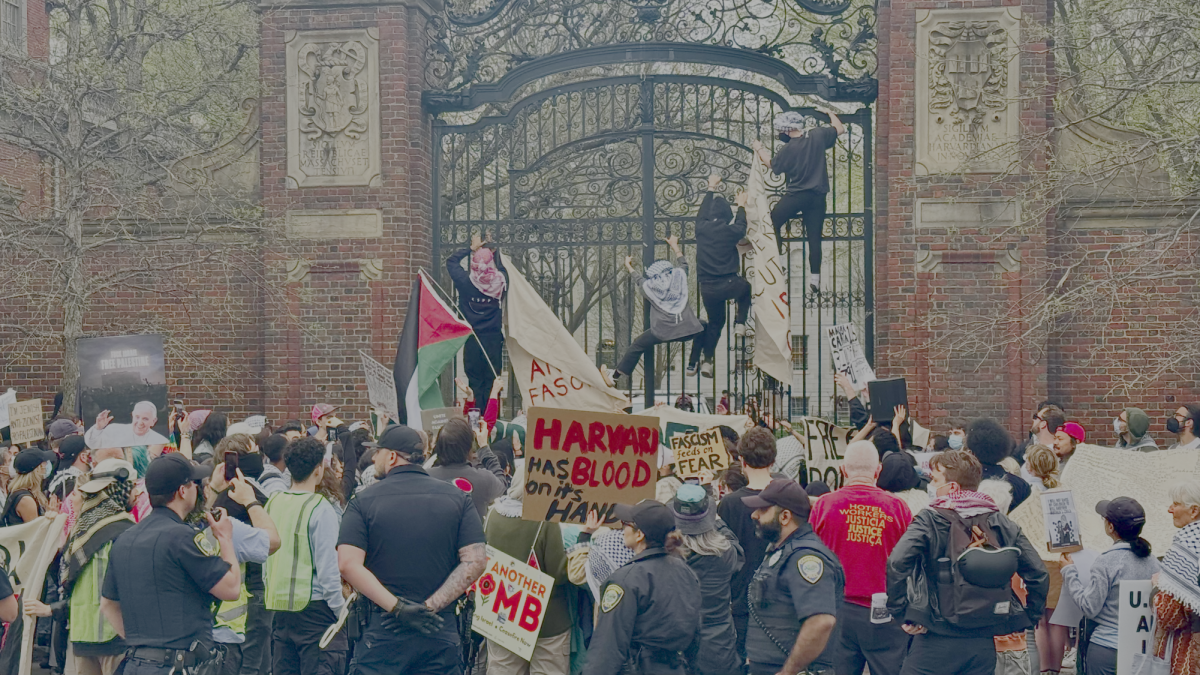Several thousand new homes will be built in Cambridge in the coming years as a result of a new multifamily zoning policy. The Cambridge City Council passed the policy on February 10th, 2025, in a nearly unanimous 8-1 vote.
The new zoning allows for four-story homes to be built anywhere in the nation’s third most expensive city. To build up to six stories, developers will be required to reserve 20% of the units as affordable housing. By removing many of the hurdles for housing developers, the city expects to add 3,500 units over 15 years.
Councillors say that rezoning is meant to address long-term housing deficits. “Since the 80s we’ve added 100,000 jobs, and we did not build 100,000 homes to match,” City Councillor Burhan Azeem, chair of the housing committee, told the Register Forum. “We just decided to make it illegal to build housing.” In fact, nearly 85% of Cambridge’s neighborhood housing—including triple-deckers—was technically illegal under previous zoning law.
City zoning is a way to curate neighborhoods by asserting what kinds of houses can be built. Since the 1980s, however, it has become a tool for maintaining wealthy neighborhoods through requirements about yard space and choice architectural design. “It created this kind of de facto segregation in our city,” City Councillor Marc McGovern told the Register Forum.
Over 95 Cantabridgians signed up for public comment on the Multifamily Housing proposal. Many urged Councillors to pass the proposal. “A city isn’t a museum. It gets reborn, or it dies,” Cambridge resident Fred Watts said in public comment.
Critics of the proposal cited fears of overcrowding, losses of green space, and underprepared infrastructure systems. “You can’t bring in another 10,000 people into a city that’s already at its infrastructural breaking point,” Fritz Donovan, a founder of the Cambridge Citizens Coalition, told the Register Forum.
One sentiment echoed throughout the meeting was the fear that removing the barriers to build housing in Cambridge would disproportionately serve housing developers over Cambridge residents. “This policy is made for lining the pockets of developers while tearing down old homes and displacing the less fortunate,” John Donahue, another public commenter, declared.
Donovan also challenged the calculation that building more houses in Cambridge will effectively lower the cost of housing. “What’s actually going to happen, instead of affordable housing, is a bidding war for land to build these houses on,” he said. “That’s going to bring up the price of land, bring up taxes, bring up rents.”
Other experts argue that the demand for housing in Cambridge isn’t that simple. “There are a ton of different types of households and families and age levels, income levels,” Becka Schofield, a developer and leader of the pro-housing group A Better Cambridge, told the Register Forum “So it’s really hard to capture what exactly the demand is like—but we need all types of housing.”
All Councillors emphasized the impact that the zoning change may have on Cambridge’s youth. “This housing deficit means that if you are a kid from Cambridge, you may not be able to live here as an adult,” Azeem said. “There are just not enough homes.”
This article also appears in our March 2025 print edition.




















